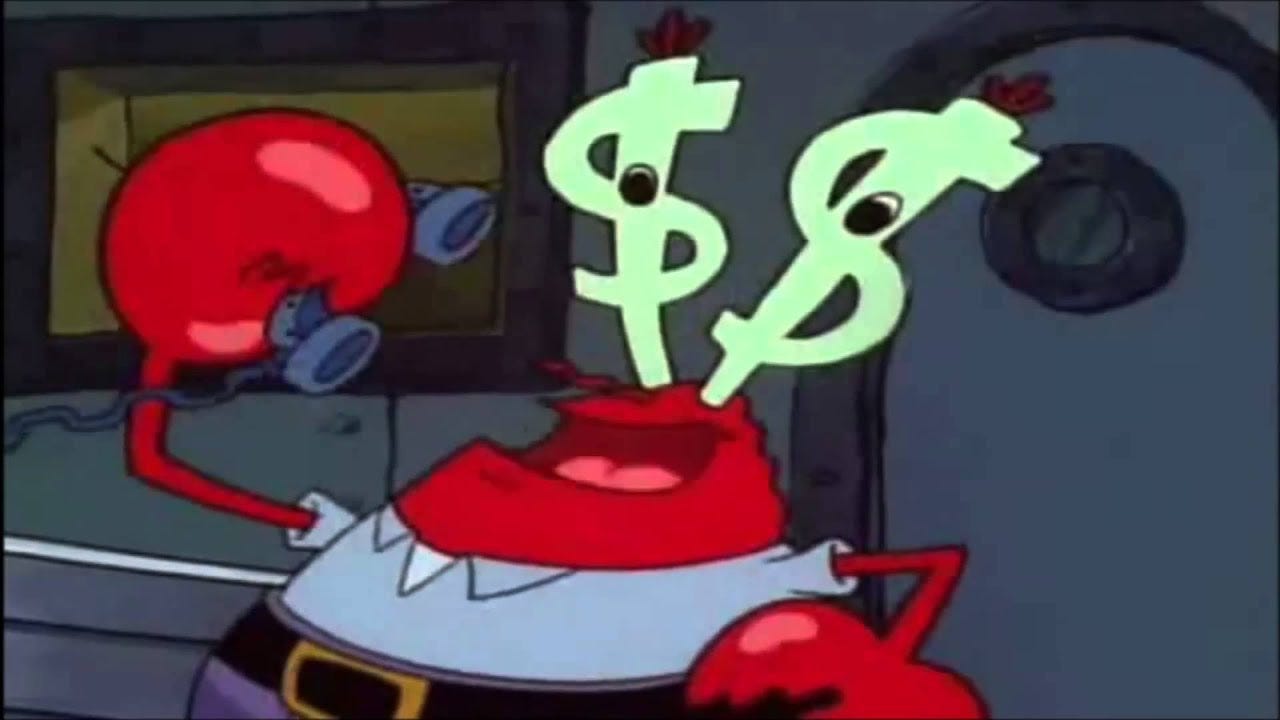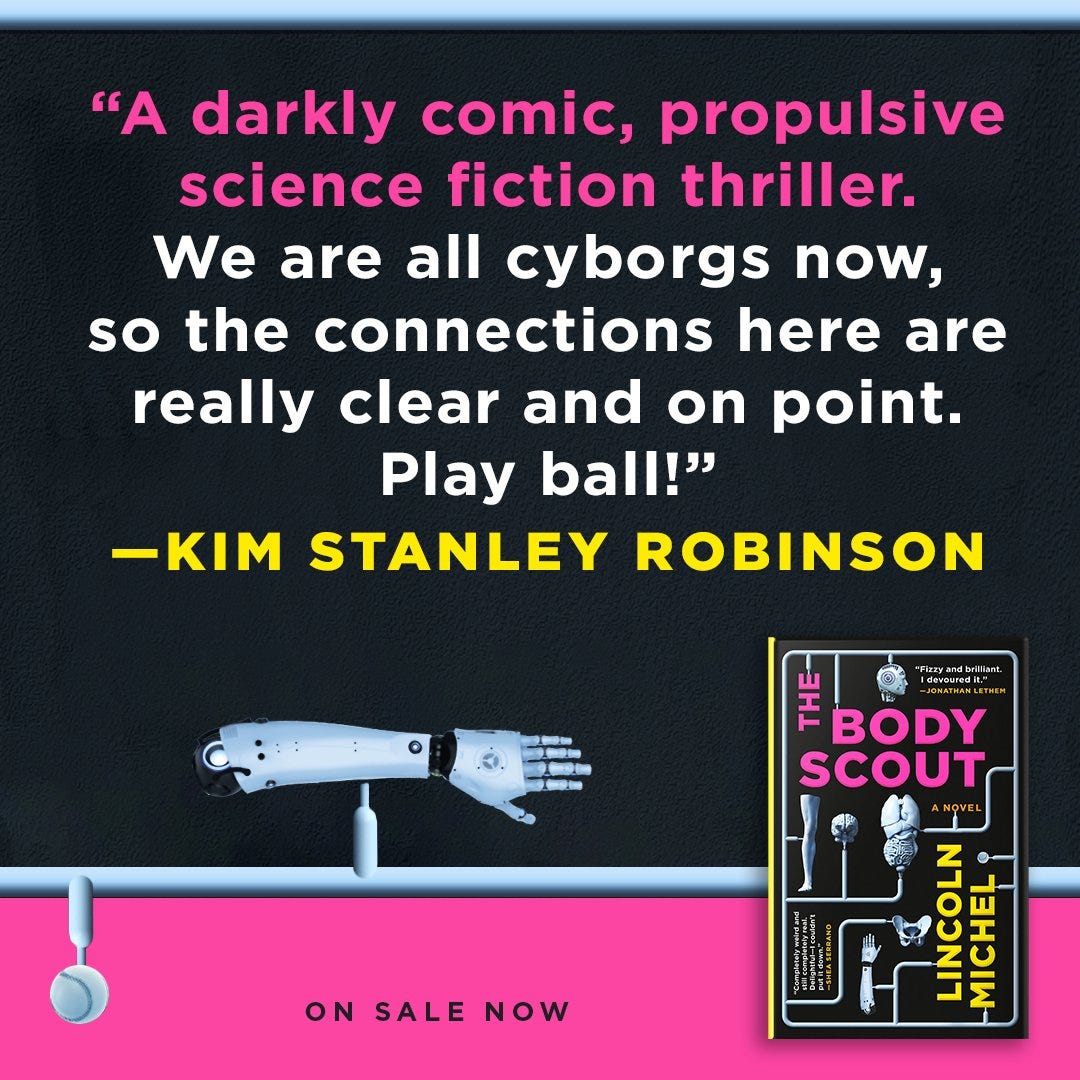Schrödinger's 100k Author Advance
The "is 100k a lot of money?" debate and other thoughts on making a living as an author
For the last week or so there’s been a big debate on literary Twitter: is a 100k advance a lot of money or not a lot of money? As usual, a lot of the tweets got weirdly angry and personal. Also as usual, people were basically just talking past each other. 100k both is and isn’t a ton of money depending on what you are talking about:

A Lot of Damn Money
It’s a bit funny that 100k was the number people got fixated beyond because that is far more money that most novelists will see! As I’ve written before, most big press novel advances are in the 5k to 50k range. Small press novels are more like 1k-10k and short story collections are a fraction of those ranges. And that’s if you’re lucky enough to sell a novel in the first place.
So a lot of people were arguing about advances they’ll never see. (It seems obligatory to say the advance on my novel was nowhere near 100k…) Indeed, authors might go entire careers without earning 100k with all their advances combined.
100k is objectively a lot of money and pretending otherwise or claiming that “after taxes and agent fees” it isn’t a lot reminds me of those CNBC and Forbes articles that pop up every few months arguing 100k income (or 200k or 400k or even more) isn’t a lot of money “after taxes and expenses.” For most people, a 100k advance would be lifechanging.
Not a Lot of Money (If That’s Your Only Damn Money)
At the same time it’s absolutely true that 100k is not normally enough to live on if that’s your only source of income. First, as many pointed out on Twitter, 100k is more like 85k pre-tax after your agent takes a cut. And that 85k might have to cover several years.
Since it does seem a lot of readers and aspiring novelists don’t realize how payments are broken up, here’s the gist: Advances are an advance of money set against royalties, so authors don’t earn any royalties until they’ve “earned out” their advance. Most books never earn out. So most authors only get the advance. Publishing advances are split across 3-4 payments which can stretch out across years:
1st payment on signing the contract
2nd on completing the manuscript
3rd on publication day
(If fourths then) 4th either one year after pub date or upon paperback release
How long that takes depends on a lot of factors. How far out from signing is the book publication scheduled? How long does completing the book take—aka how long does it take going back and forth on edits with your editor? And that’s assuming it’s a one-book contract. If it’s for multiple books, it gets stretched even further. So 85k pre-tax might have to cover several years for the theoretical author who is trying to live only on that advance.
A Lot of Money… If You Can Get That Money Over and Over Again
But the biggest issue isn’t really how the payments are scheduled exactly. If you could produce a novel a year and get 100k each year, you’d likely be fine. The issue is that most writers can’t do either of those things! Most authors don’t produce a novel a year—Stephen King and Joyce Carol Oates are notable because they are exceptions—and even if you could do that, it doesn’t mean you can sell it for 100k each time. Writing is a very precarious career. You might make 100k on a book and then only get 10k for the next one. Or the next one might not sell at all. Writing is a career where you really can’t take anything for granted.
How Do Authors Get a Lot of Money? (Or at Least Enough to Live On)
So how do novelists actually make a living? Well most simply have other jobs. They are teachers or freelance nonfiction writers or do something entirely unrelated to writing for their primary income. Or else they just have family money.
At the same time, some of the 100k advance conversation felt a bit dishonest to me because authors who get 100k advances typically—although not universally—are getting other writing income. There is a good chance they are getting film option money or foreign rights sales or speaking fees. For a more detailed breakdown, see:
The bottom line is that what you’ve always heard is true: don’t quit your day job. Or, more accurately, don’t quit your day job until you are regularly selling books for advances that cover your living expenses and ideally are also getting a stream of passive income from your backlist royalties.
If you like this newsletter, please consider subscribing or checking out my just-released novel The Body Scout, which The New York Times called “Timeless and original…a wild ride, sad and funny, surreal and intelligent” and Boing Boing declared “a modern cyberpunk masterpiece.”







Great breakdown. Of course as you say it's so easy to forget what a privilege it is to be published, and all published writers need to try to remember that (so we are debating privileges on top of privileges) But as you point out, writing as a job is not consistent either. There's no health care, or benefits. Etc. So total amount of money, unless it reaches ludicrous levels, doesn't really matter at all. You could earn 250k on a novel, but if you publish one every 10 years, that doesn't amount to a livable wage.
So the real unremarked-upon privilege in the writing world is if you are not the main income-earner for your household. Quite simply, there is essentially no way to be the main income-earner from writing books (outside of maybe a couple hundred living individuals - you might as well try to govern a small country as a career path). So most published authors either a) teach writing at a college as their main job and write on the side or b) are not the main-income earner. Being (b) is by far the biggest advantage in the industry you can have in the long run, imo. But it's the kind of invisible privilege all too easily skipped over.